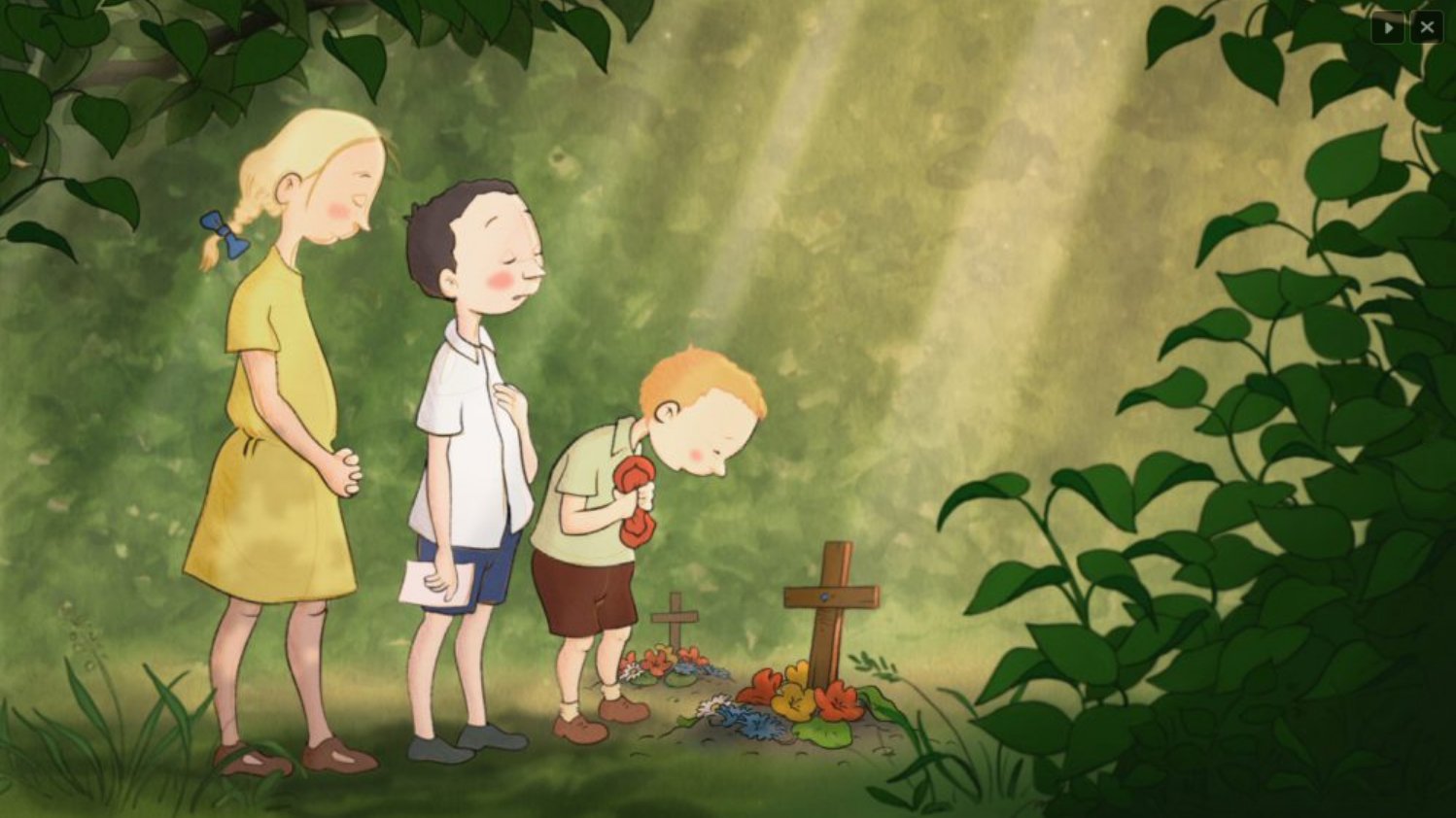

Not my best work, admittedly, but I have excuses. Hundreds of them.
It was the end of a day with my loquacious New Zealand-Czech 2-year-old granddaughter. She was frolicking in the bath. I was watching the fun and trying to stay dry.
Foolishly, I gave wistful voice to my observation that when she is a grown woman, I will be a very old woman.
If my 63% in School Cert maths (graded up by 30% that year I believe) serves me correctly, by the time she is 20, I will be 86 (or dead was left unsaid).
The response to this was "Why?".
Eventually, I trotted out the just because.
For her, one why is never enough.
I do not think she has yet settled on a suitable number for any given topic. Answer one why and it is followed by another and another and another ...
So, by bath time I had been bombarded with hundreds (and please don’t ask me why I came up with that estimate) of why questions.
I do not want to lay claim to being some sort of stumbling encyclopedia but I have valiantly attempted to answer questions including why is the wind blowing, the sun shining, or not shining, why our cat Roxy is so timid, why I would prefer her not to take half the gravel off the roadside home to Mama and Tata (Dad), and why cut flowers do better in a vase in water than clutched in her hot little hand.
My finest hour might have been coming up with at least five reasons for a dead thrush appearing on the lawn near our local cafe (it was old, sick, hit by a car, got too cold, or killed by a cat).
I had to run through these impressive answers twice because we passed it to and from a biking excursion.
If I had had my wits about me, I might have cranked out a quote from one of her much-requested books, All the Dear Little Animals ( by Swedish writer Ulf Nilsson and illustrated by Eva Eriksson).
It features a family of children who start a business called Funerals Ltd one boring day after they discover a dead bumblebee. They bury it and go on to find other dead animals to inter.
The child narrator’s role is to create maudlin poems for the graveside. Full marks to translator Julia Marshall for some suitably dreadful offerings.
My favourite was that produced for the dead rooster: "Death comes just as the clock strikes ten/Why? Why? Why just then?"
The down side to that idea is it would have been bound to have set off another round of questions. Why did I make the mistake of pointing out the dead bird in the first place might have been a reasonable question to self.
But in the company of a child trying to make sense of everything, you begin to notice the mundane and the marvellous.
You point out things regardless of whether the child might be interested in them.
You also realise how little you truly know about all sorts of things or how hopeless you are at explaining them. How was I meant to convey, in a way a 2-year-old could grasp, that as she gets older year by year, so do I? Like 2-year-olds, many of us hanker after the simple elegant answer to everything. We jump to conclusions on issues big and small.
We tune out anything which might require us to consider evidence, grasp nuance or which does not fit whatever conclusion we have jumped to.
When it comes to crime, we want to believe bad behaviour by some youth across the country will be solved by getting tougher — more police, boot camps, cracking down on gangs or eventually imprisoning more people. We conveniently limit our whys and, if asked to justify our thinking, might have to head straight to "just because".
Sometimes, my most careful explanations do not meet the mark with my granddaughter.
There was what one of her great aunts would call a Memphis Meltdown over my suggestion we put her lovingly picked flowers in water so they would not be dead before she presented them to Tata. (Apologies to the neighbours who might have been tempted to call Noise Control in the middle of that.)
Eventually, she came round to my way of thinking. During a post-meltdown cuddle, I asked her why she had become so upset.
"I donno," she said in her cute Czech accent.
Maybe I can learn from that. Instead of thinking I am able to come up with an answer to every why question, "I donno" should be my stock reply.
- Elspeth McLean is a Dunedin writer.












